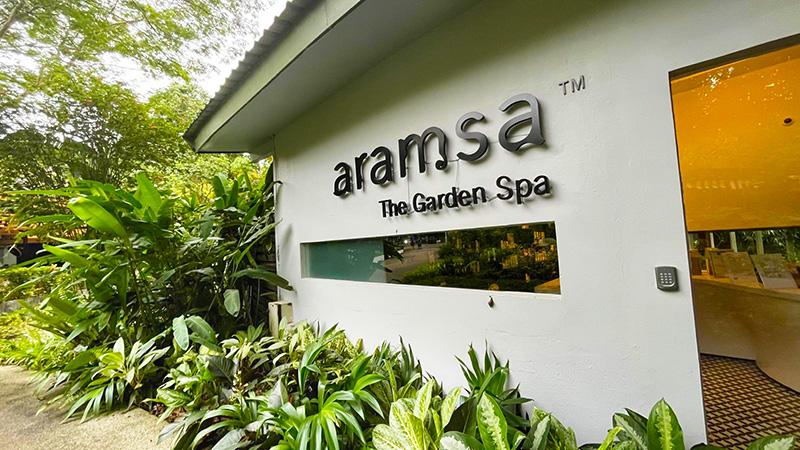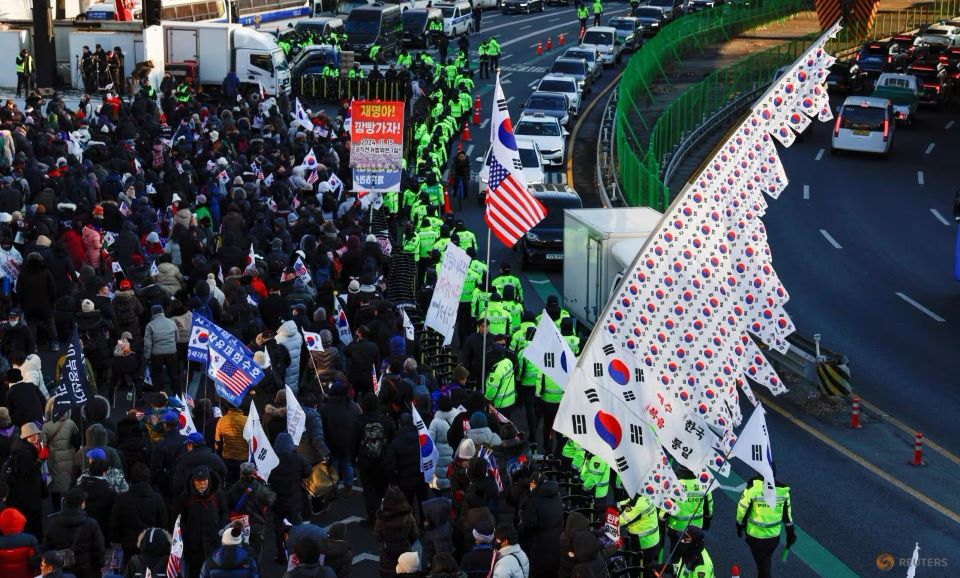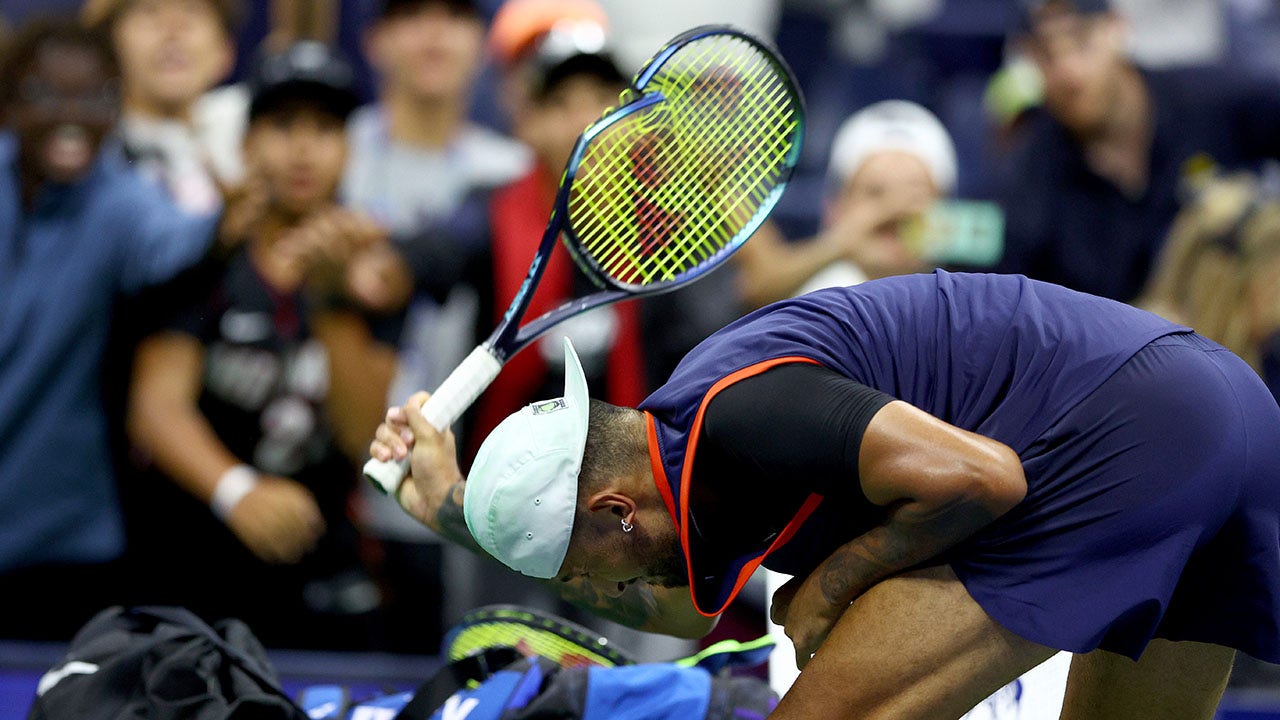Author: Chansambath Bong, Asian Vision Institute
Cambodia’s ASEAN diplomacy shone brightly on the international stage in July 2022. Against the backdrop of the Russia–Ukraine war, looming energy and food crises, the political upheaval in Myanmar and US House of Representatives Speaker Nancy Pelosi’s contentious trip to Taiwan, Cambodia advanced ASEAN’s collective interest with a sense of shared responsibility.
As the Chair of ASEAN for the third time, Cambodia successfully hosted the 55th ASEAN Foreign Ministers’ Meeting (AMM) and other high-stake annual fora such as the 23rd ASEAN Plus Three Foreign Ministers’ Meeting, the 12th East Asia Summit and the 29th ASEAN Regional Forum in 2022.
Delegations from 38 countries and organisations convened in Phnom Penh for the AMM — the first time in two years that ASEAN diplomats met in-person due to the COVID-19 pandemic. Given that COVID-19 is still rampant in many parts of Southeast Asia, Cambodia’s decision to host the AMM in a completely physical setting is notable. The Cambodian government did a remarkable job of containing the virus and proved that Cambodia is capable of holding high-level diplomacy amid a global public health crisis.
Cambodia negotiated and swiftly released the 119-paragraph annual ASEAN joint communique — a policy document indicating ASEAN’s collective views on regional and international issues. The speedy release required a whole-of-government diplomatic effort. It was led by Deputy Prime Minister Prak Sokhonn, who also serves as the Special Envoy of the ASEAN Chair. The communique touches on ASEAN community-building, Timor-Leste’s membership application, the war in Ukraine and ASEAN’s external partnership with Myanmar.
The Cambodian Chair has signalled a tougher stance on the Myanmar crisis. ASEAN is frustrated by the State Administration Council (SAC) — Myanmar’s military-backed leadership — which has repeatedly undermined efforts to find a viable political solution to the deepening political crisis in Myanmar.
The ASEAN communique expressed collective disappointment towards the SAC’s stonewalling of the implementation of the five-point consensus — ASEAN’s five-pronged approach to peace in Myanmar. One point of contention was the SAC execution of four pro-democracy activists on 25 July 2022. It occurred despite Cambodian Prime Minister Hun Sen’s appeal to SAC Senior General Min Aung Hlaing. Cambodia condemned the executions as ‘highly reprehensible’.
There are calls from within ASEAN to completely ban SAC officials from participating in any ASEAN meetings. During the opening of the AMM, Hun Sen warned that ASEAN would rethink its role vis-à-vis the five-point consensus in the case of further executions of political prisoners. Unless the SAC cooperates with ASEAN between now and the ASEAN Summit in November, Cambodia and ASEAN may impose even tougher measures on the SAC.
As the Chair of ASEAN, Cambodia is still pushing for the swift implementation of the five-point consensus, starting with low-hanging fruit like delivering humanitarian assistance. On 6 May 2022, Cambodia co-hosted a consultative meeting with fellow ASEAN members, the ASEAN Secretary-General, UN specialised agencies and other stakeholders to chart a plan. During his second visit in July, Prak Sokhonn then delivered the Chinese donation of two million COVID-19 vaccine doses to Myanmar.
Cambodia also advanced the five-point consensus by meeting with stakeholders including political parties, the National Solidarity and Peace Negotiation Committee and some of Myanmar’s ethnic armed organisations.
Left with only four more months of its chairmanship, Cambodia remains committed to engaging with all stakeholders to enable a conducive environment for inclusive political dialogue. But Cambodia still faces a major obstacle to accessing all parties. Despite repeated requests from Cambodia, the SAC is blocking access to Daw Aung San Suu Kyi, one of the most prominent political figures in Myanmar.
Cambodia has also ‘heard’ and reportedly been receptive to calls from Malaysia — often conveyed over Twitter — to engage with the National Unity Government and the National Unity Consultative Council. But for now Cambodia opts for a more discrete manner of dealing with Myanmar than Twitter diplomacy.
Cambodia quickly galvanised regional consent for a standalone statement regarding Nancy Pelosi’s contentious Taiwan trip. The statement is packed with political nuance, urging ‘maximum restraint’ from involved parties and subtly referring to Taiwan as the ‘area adjacent to the ASEAN region’ to avoid antagonising China. Taiwan is rarely discussed by ASEAN but the statement affirms ASEAN’s ability to respond to external events.
The AMM and related meetings in Phnom Penh gave new impetus to Timor-Leste’s ASEAN membership application. As Chair, Cambodia has publicly supported Dili’s membership, despite continued reservation from fellow members like Singapore.
Cambodia’s chairmanship of the AMM and related meetings last month are reminders of ASEAN’s adept and proactive diplomacy. From the crises in Myanmar to Taiwan, Cambodia has kept ASEAN united and set its sights on addressing challenges together during this chairmanship and beyond.
Chansambath Bong is Deputy Director of the Centre for Inclusive Digital Economy at the Asian Vision Institute. He is also Lecturer of International Relations at the Institute for International Studies and Public Policy at the Royal University of Phnom Penh.














.jpg&h=630&w=1200&q=100&v=5f99a4b43f&c=1)





Discussion about this post